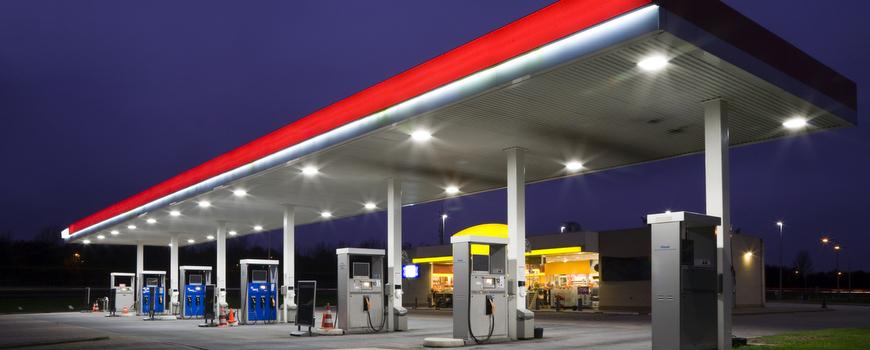
The transport sector in Europe is highly dependent on imported oil. To help reduce oil dependency in transport, and the associated environmental impact, the European Commission undertook to develop a sustainable alternative fuels strategy that would support the development of appropriate refuelling infrastructure and associated standards. The directive on the deployment of alternative fuels (2014/94/EU) – or the alternative fuels infrastructure directive (AFID) - is the result.
Alternative fuels
The directive outlines the main fuel options that could provide alternatives to oil in transport (both road and maritime): electricity, hydrogen, biofuels, liquefied petroleum gas (LPG) and natural gas in the form of compressed natural gas (CNG) and liquefied natural gas (LNG).
The directive requires Member States to adopt and publish national policy frameworks (NPFs) that will support the provision of refuelling infrastructure for alternative fuels. It aims to provide for sufficient infrastructure coverage to 'ensure economies of scale on the supply side and network effects on the demand side’, and it focuses on the fuels where failures of market coordination are particularly relevant (e.g. electricity, hydrogen and natural gas (LNG and CNG)). Even though the focus is on these fuels, biofuels are also considered to constitute an important alternative and are likely to account for the majority of alternative fuels on the market in the short-to-medium term.
Targets
The directive sets out specific targets for regional infrastructural coverage and timelines for implementation. It relies on the trans-European networks in transport (TEN-T) in order to determine where infrastructure should be provided. For example, for the development of LNG for road transport, Member States have to ensure a sufficient number of publicly-accessible refuelling points, with common standards, on the TEN-T core network, ideally every 400 km. This is to be built by the end of 2025. The directive also requires a minimum coverage to ensure accessibility of LNG in the main maritime and inland ports.
Ireland
The Department of Transport, Tourism and Sport (DTTAS) is responsible for transposing the directive into Irish legislation. It is being supported by the Department of Communications, Energy and Natural Resources (DCENR); both have begun work on developing a national policy framework to support the deployment of alternative fuels in Ireland arising from obligations associated with the directive and published a consultation in October 2015 inviting submission from all interested parties. Further public consultation is planned for 2016.
